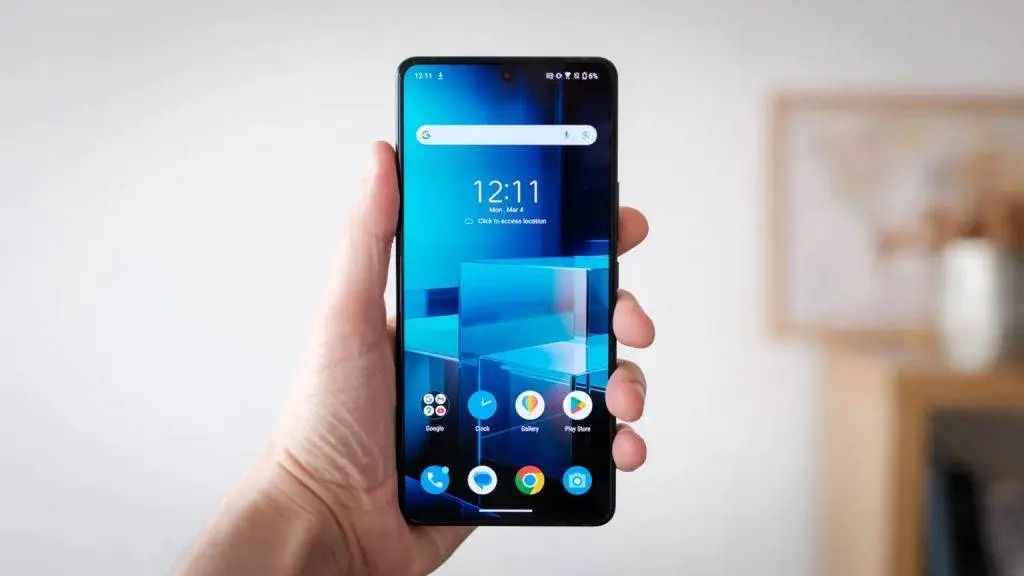First time in 20 years! Google, Android may be divested
Google is grabbing all kinds of headlines today: in addition to the new wave of Pixel products, there's also 'bad news' from the US Department of Justice.
Bloomberg reports that the DOJ is considering a move to 'break up' Google and restore competition to the market.
Last week, U.S. Federal Judge Amit Mehta ruled that Google had violated the law by maintaining a monopoly in the online search and advertising market.
The last time the U.S. Department of Justice proposed a “breakup” was in 2000, when it tried to split Microsoft into two, but failed.
“Google's “Buy and Sell
According to sources, the most likely divisions that the Justice Department will split from Google are Android and Chrome, as well as AdWords, a platform used by Google to sell text ads, with the most heated internal discussion being whether or not Android should be independent.
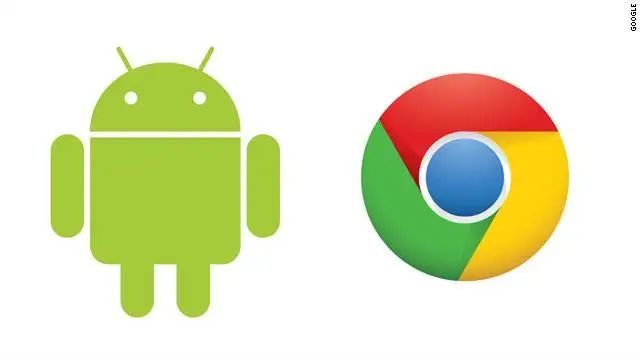
Image Source: Sourced from the Internet
Why is Android the biggest “target” of the online search monopoly?
Justice Mehta believes that Google requires device manufacturers to sign an agreement in order to access Google's services, similar to the Google Play store, these services are extremely important to overseas Android phones, Huawei can not use Google services in the overseas market struggles.
And we usually see a lot of overseas native, native Android-like home screen, there is a long Google search entry by default, many times can not be deleted, which is also a requirement of the agreement, to ensure that Google search on Android system dominance.
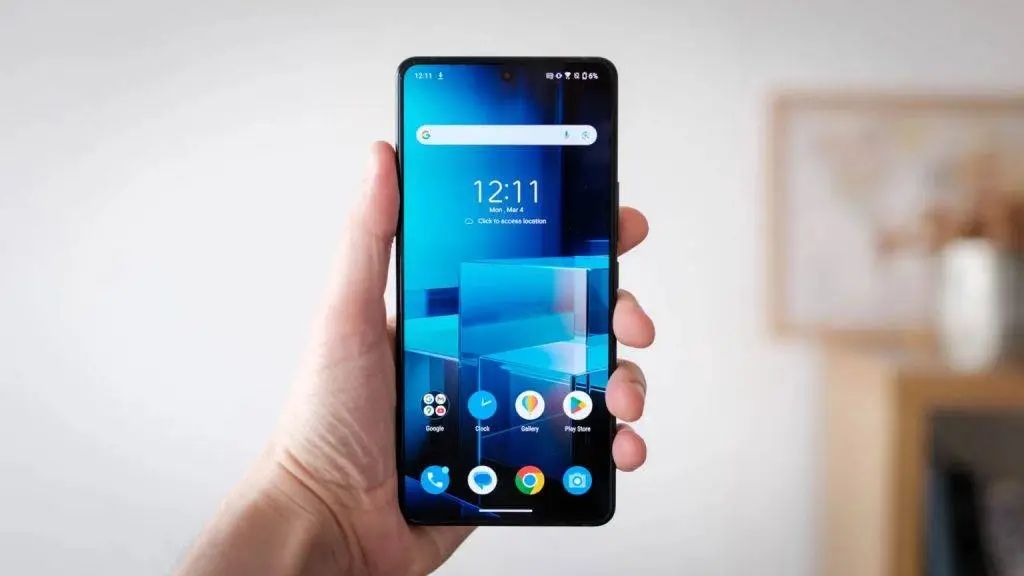
Image Source: Sourced from the Internet
Asus ZenFone 11 Ultra, image credit: Android Authority
Prior to this case, a California jury also ruled last December that Google monopolized the way Android apps are distributed, though there has been no proposed solution to that case yet.
In addition to Android, Mehta also argued that Google's contracts with third-party phone and browser makers like Apple were allegedly monopolistic.
Google pays Apple more than tens of billions of dollars a year to use Google as the default overseas search engine for Apple products, and Mehta claims that this behavior has led to Apple no longer having the ability to develop its own search engine, even though it clearly has the ability to do so.
Google's monopoly on advertising is also related to search engines, as Mehta's ruling showed that Google monopolized the ads that appeared at the top of search results pages to attract users to its websites, and that the AdWords platform provided a way for brands to display ads when users searched for keywords related to the brand.
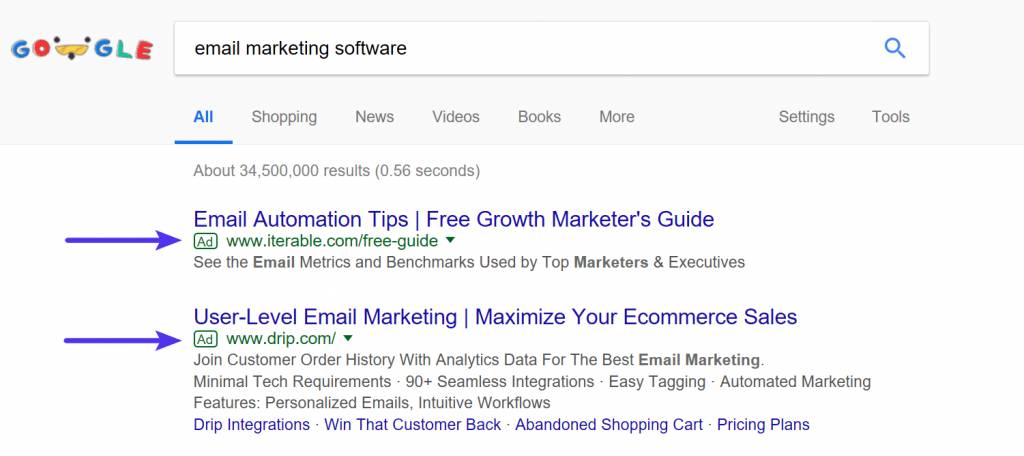
The results of last year's trial also showed that about two-thirds of Google's total revenue comes from search advertising.
In addition to 'separation', the Justice Department is also discussing milder means, such as requiring Google to divest its search engine data or license it to competitors, such as Microsoft's Bing and DuckDuckGo search engines, which have appeared in court to testify against Google's monopolistic practices.
The Mehta ruling also showed that Google's contracts with websites guaranteed it access to the most user data, 16 times more than its second largest competitor, and even interfered with competition by finding ways to prevent its rivals from improving search results.
With its giant position in the search engine sector, Google has also managed to gain an advantage in AI technology. This is because websites have always allowed Google's web crawlers to access them to ensure that they appear in Google's search results. And now, the data that comes with these advantages is being used by Google to train artificial intelligence.
Though after receiving a large number of complaints last year, Google introduced a tool that allows websites to block AI from crawling information. But things are not quite the same again after Google introduced 'Search AI Overview' this year. This feature displays the main information that Google AI has extracted from search results across the internet below the search box after a user performs a search.
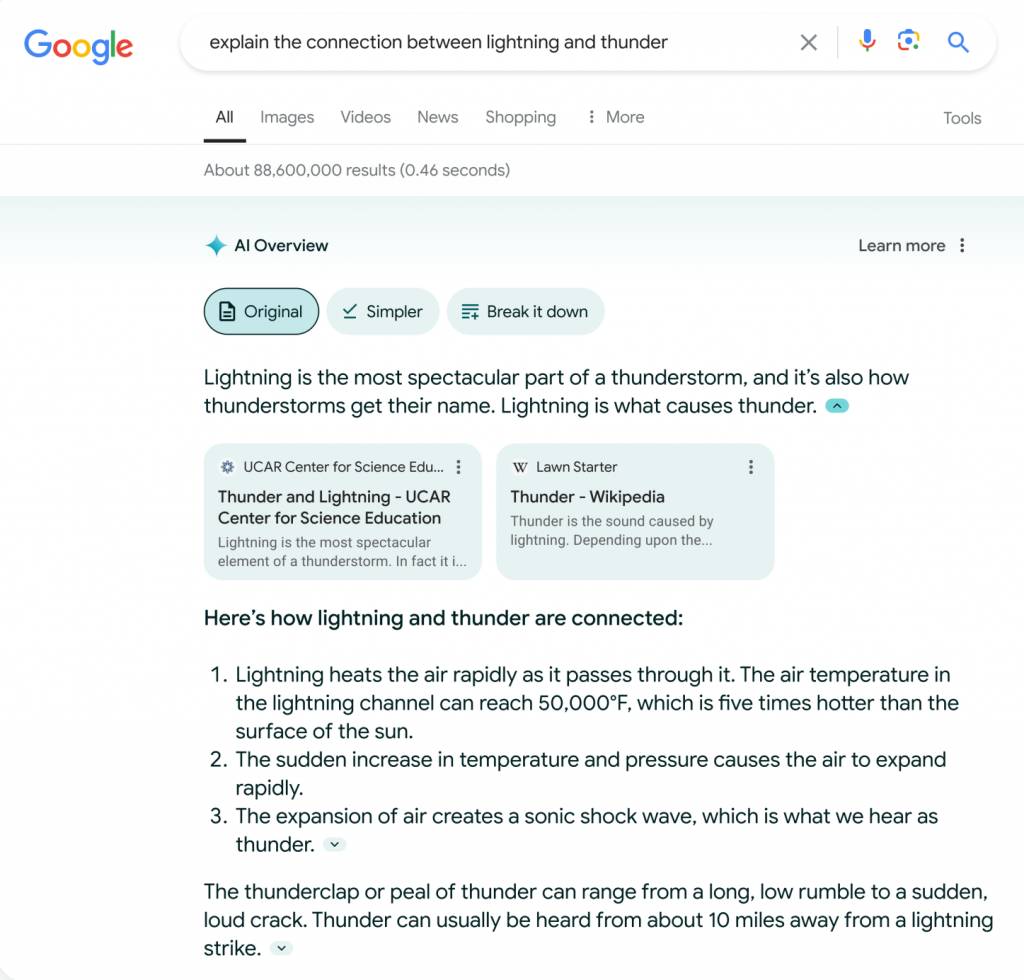
Image Source: Sourced from the Internet
Source: Search Engine Roundtable
Google considers this to be a new feature of “search” and not a separate new product, so there is no way for websites to “reject” the feature, and wanting to appear in Google's search results means that the AI will have to grab the information to generate an overview.
The Department of Justice has been discussing this issue, and as a remedy, the government is likely to stop Google's “buy-and-sell” behavior and allow website content to be excluded from Google's AI products altogether.
Google and the U.S. Department of Justice have not yet responded to the news of the “split,” but Google has indicated that it will appeal the Justice Department's “monopoly” ruling.
According to Google, the ruling shows that the company has always provided a top-notch search engine, but now the government is not allowing it to easily provide this service to users.
The justices have now ordered the two sides to move on to the second phase, with the Justice Department set to formally outline its plans at a court hearing next month.
Both sides may eventually take a step back
Whether or not Google will ultimately go through with the split is unclear, with the Microsoft split case from more than two decades ago serving as a blueprint for the trial and discussions.
At the time, Microsoft was sued for using its market dominance of the Windows operating system to marginalize other browser competitors. The Department of Justice then proposed to split Microsoft into two different business units, “Operating Systems” and “Software”.
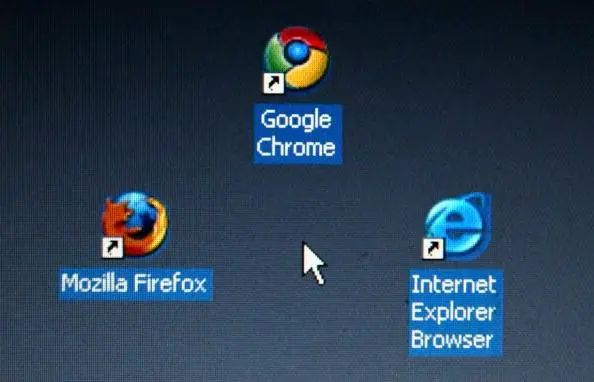
Microsoft insisted that the IE browser was a “feature” not a “product”.
In the end, Microsoft and the DOJ reached a settlement, agreeing to further open up the system and allow third-party companies to share the system's APIs.
Experts analyze that Google's antitrust case is likely to end in this way, i.e., both sides will give up one step each, and Google is likely to cancel the mandatory bundling of Android and Google search, terminate the exclusive search engine agreements with Apple, Samsung, Firefox and other companies, and share its own search engine data with its rivals.
Can be seen with the naked eye, in the past two years, Europe and the United States have strengthened the fight against monopoly behavior of technology giants. No one is more famous than the dispute between the European Union and Apple, which chose to compromise and open up in the EU region due to heavy pressure.
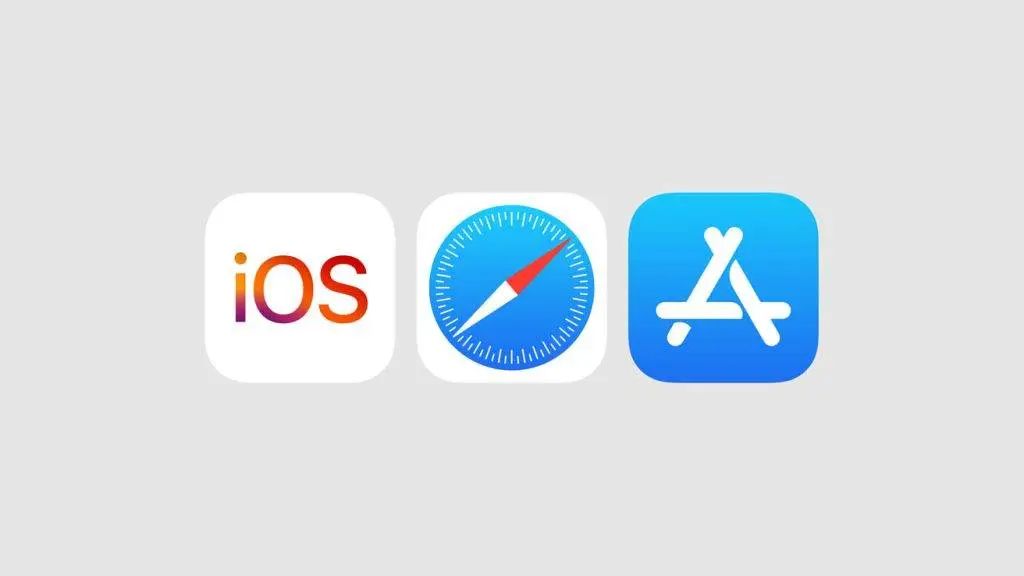
Image Source: Sourced from the Internet
iPhones in the EU open up to third-party browser kernels and app stores
The U.S. Department of Justice also set off an antitrust storm this year, pointing the finger at Apple, Nvidia, OpenAI, Microsoft and other giants, but up to now, I am afraid that the greatest strength is the Google face “split” crisis.
Even if it doesn't have to be split up, Google is bound to face all sorts of reforms, which will definitely have a certain impact on its various businesses, especially the popular AI.
However, due to the special Android environment in China, even if Android is really divested from Google in the end, it won't affect us too much in the short term.
-------- END --------
